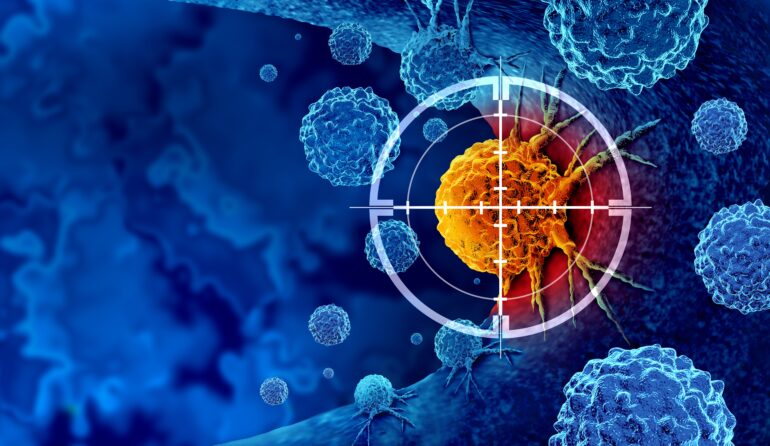TL;DR:
- GlobalData’s Clinical Trials Database reveals 1,490 active clinical trials for in vitro diagnostics (IVD) devices, with 569 trials focused on oncology diagnostics.
- Mindpeak and Proscia partner to enhance cancer diagnosis using AI, streamlining pathologists’ workflows and enabling more efficient clinical decisions from digital pathology images.
- Huashan Hospital and United Imaging Healthcare conducted a trial to develop an autonomous AI system for detecting CNS tumors, aiming for a clinical pathological diagnosis accuracy of 90% or greater.
- AI integration in IVD devices is predicted to rise in the next decade, improving diagnostic and treatment predictions, leading to early interventions and more effective treatments.
Main AI News:
The field of cancer diagnostics is experiencing a transformative shift, thanks to the rapid progress of artificial intelligence (AI). According to the latest data from GlobalData’s Clinical Trials Database, a staggering 1,490 active clinical trials are currently focused on in vitro diagnostics (IVD) devices. Out of these, an impressive 569 trials are specifically dedicated to oncology diagnostic devices. Notably, nine of these trials involve analysis or partial analysis, showcasing the immense potential of AI in this domain.
This month, a groundbreaking partnership between Mindpeak, a leading AI solution and software provider, and Proscia, a trailblazing computational and digital pathology solutions company, has emerged. The primary objective of this collaboration is to enhance cancer diagnosis by leveraging the power of AI to streamline the workflows of pathologists. By utilizing Mindpeak’s state-of-the-art breast cancer detection software, BreastIHC, and Proscia’s innovative open digital pathology platform, Concentriq Dx, pathologists will be able to make more efficient and accurate clinical decisions based on digital pathology images of patient samples.
In parallel, another notable clinical trial called “Artificial Intelligence Neuropathologist” is currently underway, spearheaded by Huashan Hospital and United Imaging Healthcare. This trial aims to assess the autonomous and fully automated capabilities of their AI system in detecting central nervous system (CNS) tumors. By surpassing human capabilities in analyzing and processing samples at an unprecedented speed, this AI-led device holds the potential to expedite treatment timelines and improve the accuracy of diagnoses. The ultimate objective of this trial is to develop a self-learning AI system with a clinical pathological diagnosis ability that boasts an exceptional accuracy rate of 90% or higher.
Given the immense promise showcased by these groundbreaking initiatives, GlobalData predicts a seismic shift in the landscape of IVD manufacturing in the coming decade. It is anticipated that more manufacturers will embrace AI technology in their devices, leading to significant improvements in diagnostic accuracy, treatment predictions, and the overall workflow of oncologists. Consequently, a larger number of individuals will benefit from life-saving interventions in the earlier stages of cancer, guided by AI’s ability to identify the most effective treatments.
The future of cancer diagnostics looks exceedingly bright as the convergence of AI and medical expertise paves the way for unprecedented advancements. As the next decade unfolds, we can anticipate a paradigm shift that will revolutionize the field, ultimately saving lives and transforming the way we combat cancer.
Conclusion:
The integration of artificial intelligence (AI) in cancer diagnostics represents a monumental shift in the market. Collaborations between companies like Mindpeak and Proscia, as well as ongoing trials by Huashan Hospital and United Imaging Healthcare, showcase the significant potential of AI in streamlining workflows, enhancing diagnostic accuracy, and expediting treatment timelines. This transformative trend is expected to drive the adoption of AI technology by IVD manufacturers in the coming decade. As a result, the market can anticipate improved diagnostic capabilities, more personalized treatment options, and, ultimately, better outcomes for patients. It is crucial for businesses to embrace these advancements and stay at the forefront of AI-powered cancer diagnostics to remain competitive and meet the evolving needs of healthcare professionals and patients alike.

